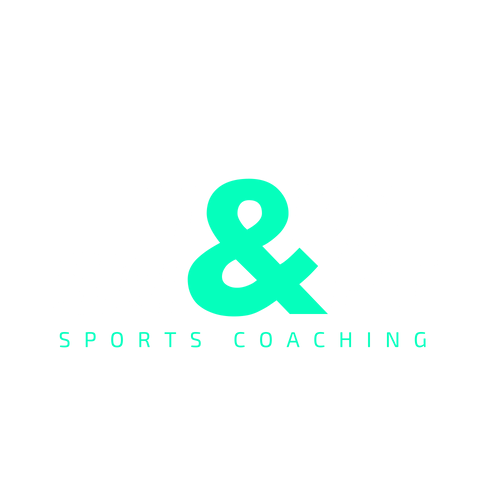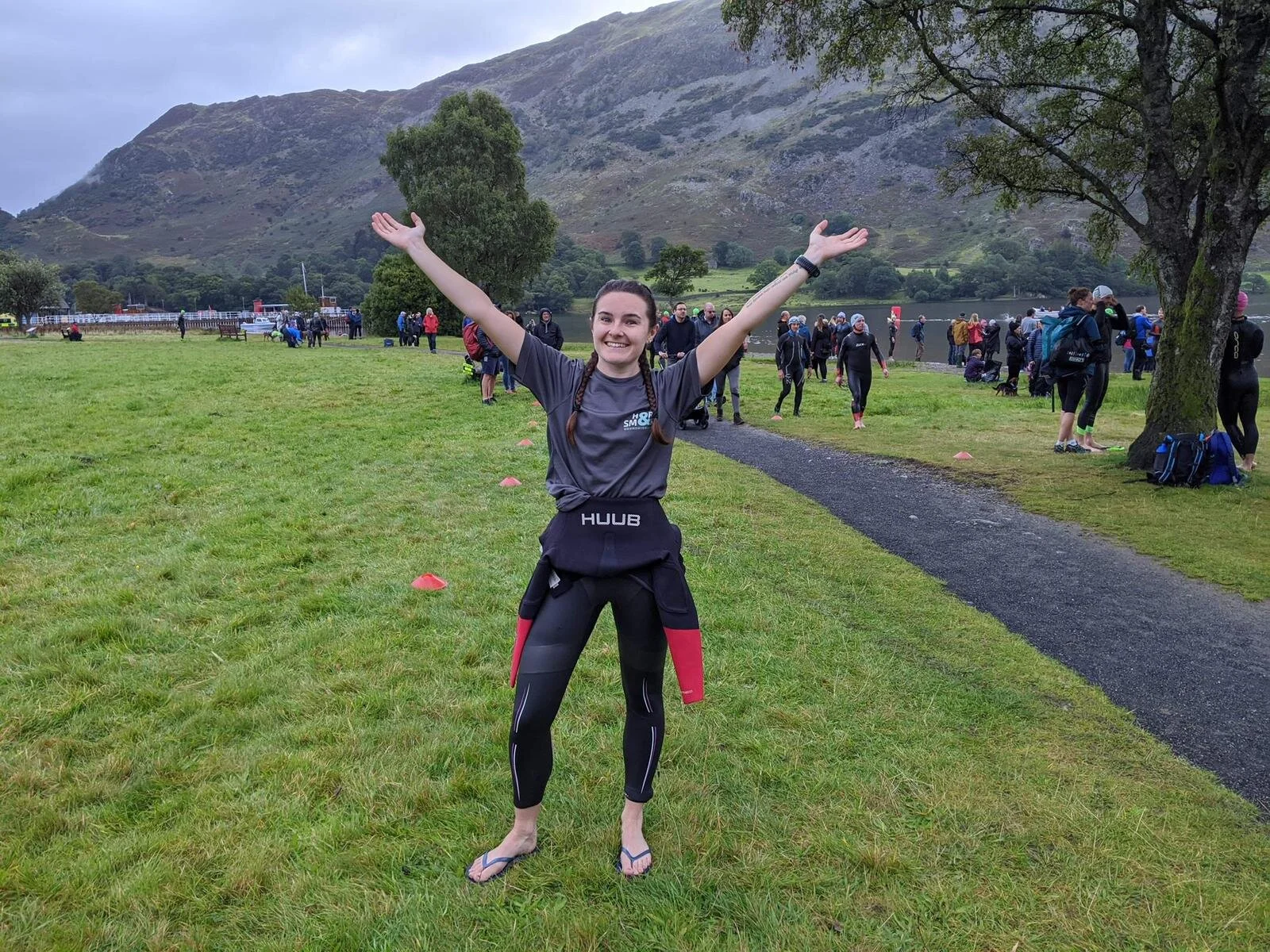I am no expert here and can only write from personal experience, however I am a big believer in sharing personal experiences because if my writing can help just one other person then it was worth it.
By the time I started being coached by Hard & Smart I was well on my way to recovery. I was still far too skinny, had no muscle and poor body image perceptions, but mentally I was determined to put this behind me and get fitter, faster and stronger. My eating disorder stemmed from being a dancer and spending hours and hours basically watching myself in a mirror, wearing a skintight leotard. Although we rarely watch ourselves in mirrors when running, cycling, training there are many similarities and danger zones. Eating disorders in sport are no where near talked about as much as they should be but things are changing, and there are more athletes opening up all the time.
“The fastest runners are lean and slim.” So therefore, I need to lose weight and look like them in order to run fast - right? It seems like a reasonable assumption on the face of it, however it can lead to extremely dangerous tendencies. It is always important to remember that our sport is our hobby. It’s not our full time job, we don’t have the luxury of training all day every day with a few naps thrown in. We don’t have nutritionists on hand, or medical advice a phone call away. Our training fits around our life and we should not hold ourselves to unreasonable standards.
When I started running in 2015/16 my 5km time was 32 minutes. I weighed 45kg and was thin as a rake. At that time I hadn’t learnt that food = fuel and instead saw it as something that would make me fat and therefore slow me down. Fast forward 4 years and thankfully I now appreciate the value of food and also my body. My body as it is allows me to do what I do. It is my tool as an athlete and if I want to continue training and competing then I have to look after it.
Eating disorders are sneaky and they creep up on you without you realising. It could start with wanting to ‘eat more healthily’ to fuel your body better for training. Perfect! That makes sense - I am sure everyone tries to be more conscious of what they're putting in their bodies, especially during race season. Next, you might start skipping on desert, or your usual mid-afternoon snack, in the name of ‘being healthy’. Before you know if, you’ve excluded an entire food group as ‘bad’. And then what happens? What if you slip up and eat something ‘bad’? That’s fine, you can burn that off, no problem. So you squeeze an extra session in. You start doing sit ups before bed - but they don’t need to be on Training Peaks, because they don’t count. They’re just equalling out the ‘bad’.
What starts as something so optimistic and with good intentions can be detrimental in such a social media, diet culture, photoshop orientated world. So many fitness bloggers and influencers will be quick to tell us how they dropped 5lbs and got a 6-pack and when social media is overrun with fit athletes, it’s hard not to be drawn in. Even though we tell ourselves we know it’s not real - it’s still there on the screen in front of us, demanding to be looked at.
They’re dangerous, especially to athletes, because they take time to develop and aren’t instantly recognisable. There will come a time though where your times drop off, lean turns to skinny, you lose that explosive power you once had, you’re tired. An under-fuelling athlete risks anaemia, osteoporosis, broken bones, periods stopping. And it will take you years to recover. There are times now when I look at a photo and don’t like how I look - but I am able to shake those thoughts away now and I am proud of what my body is able to achieve.
Of course, most athletes do not go on to develop an eating disorder, however it’s still important to be aware of your relationship with food and how you view yourself. I’m sure everyone at some point has checked out the other athletes at a race and thought ‘they look fit/strong/fast’ and then got down about their own capabilities as an athlete because of the way they look. Fast doesn’t have one size or shape. Being ‘fit’ is what you make of it. Everyone’s bodies develop differently and react differently to training. The only person you should be comparing yourself to is you.
If you’re struggling with nutrition, body image, self doubt, please, please tell someone. Tell your coach. If your coach is not aware and you continue to train at a high intensity you are going to break.

